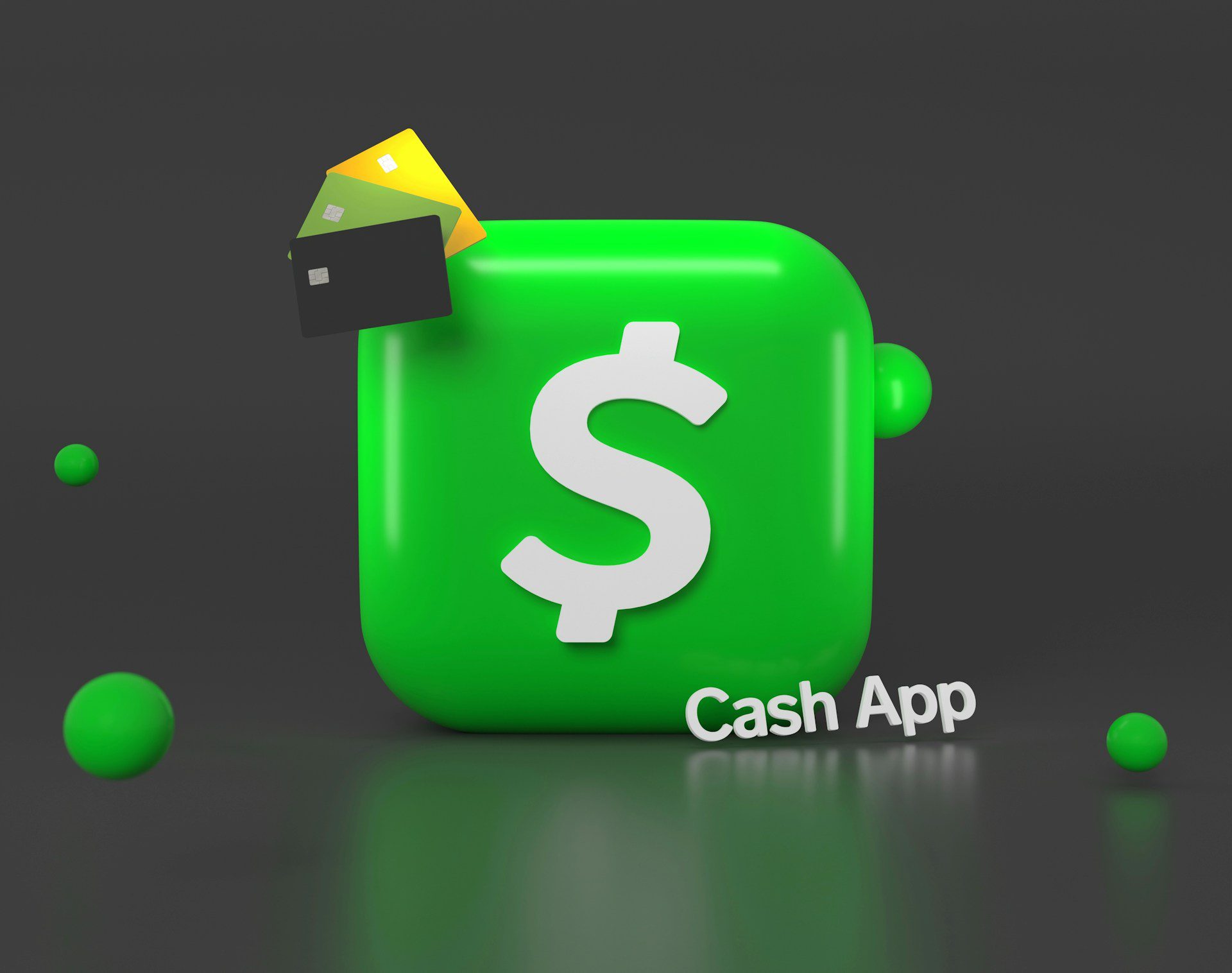
For Sex Traffickers, Jack Dorsey’s Cash App Is ‘King’
The Twitter and Block billionaire made Cash App into a $700 million monster. Now police officers, nonprofit critics and current and former employees say it’s struggling to fight “rampant” criminality.
Earlier this year, Kik Messenger user “heyyyydude1” was selling a stash of videos he’d amassed of child sexual abuse. One customer, who said he was a 35-year-old father of two, offered to buy 200 videos for $45. “How do I pay?” he asked.
“Cash App,” heyyyydude1 responded, sending over his payment details and a code for a Cash App referral fee. With each transaction, and many more disturbing videos sent, the seller was unknowingly providing a pile of evidence to an undercover agent with the Immigration and Customs Enforcement’s child exploitation unit. That’s according to government investigators, who claimed that after Cash App and Kik data was subpoenaed, heyyyydude1’s real name and address were revealed to be 33-year-old Philadelphia resident Michael Wilcox. Indicted in April, he awaits trial. His counsel declined to comment.
Current and former police, as well as nonprofits working directly with cops to fight child exploitation, say that such crimes are often happening via Cash App, which brings in billions in gross profit every year for Block, Inc., the Jack Dorsey-run payments giant formerly known as Square. They say that whether it’s to pay for sex with a minor, to send children funds in return for nude images or to traffic a young adult victim, Cash App is often the payment tool of choice. Block says it does not tolerate crime on its technologies and that the company proactively scans transactions for suspicious signals that could indicate criminality, but the claims of illicit use of Cash App are supported by police department data and dozens of cases reviewed by Forbes in which the tool was used to facilitate sex crimes.
